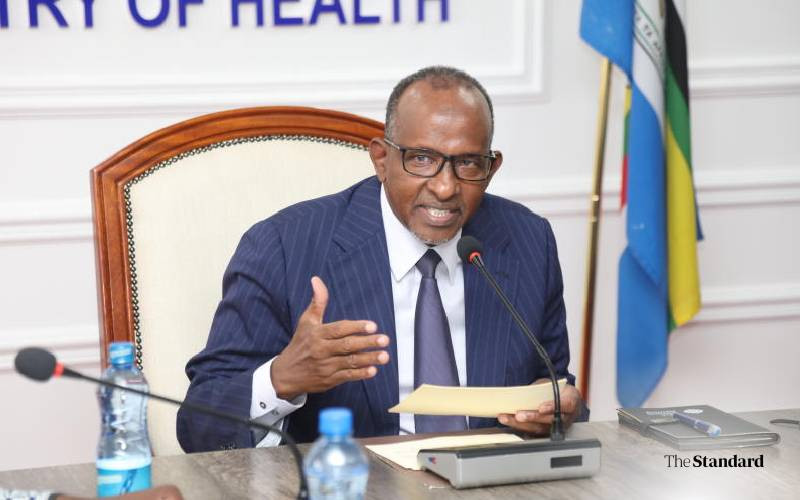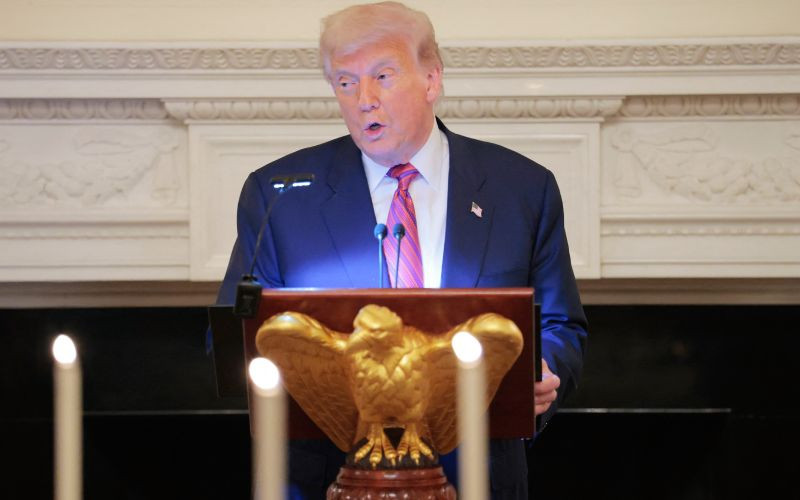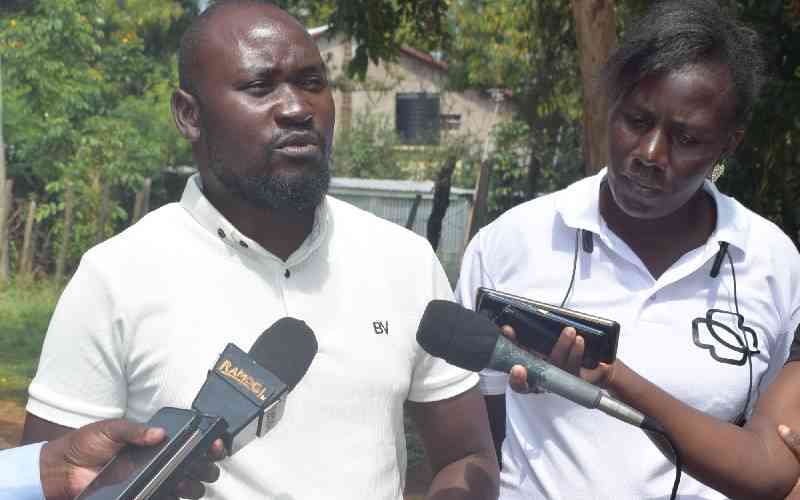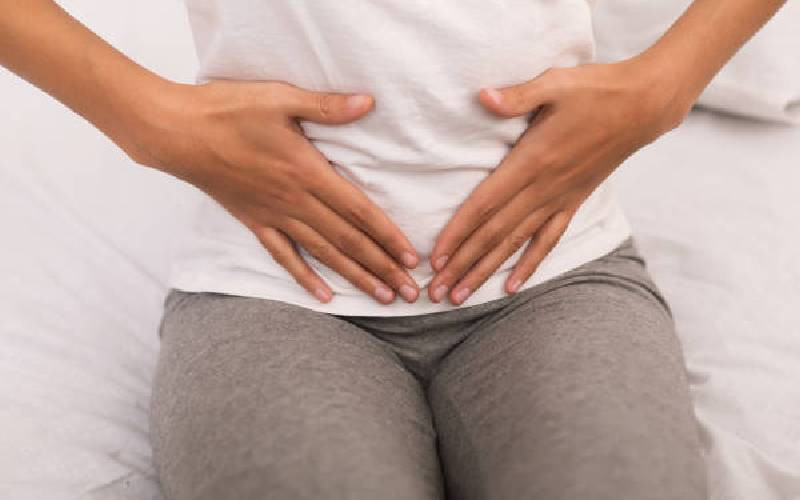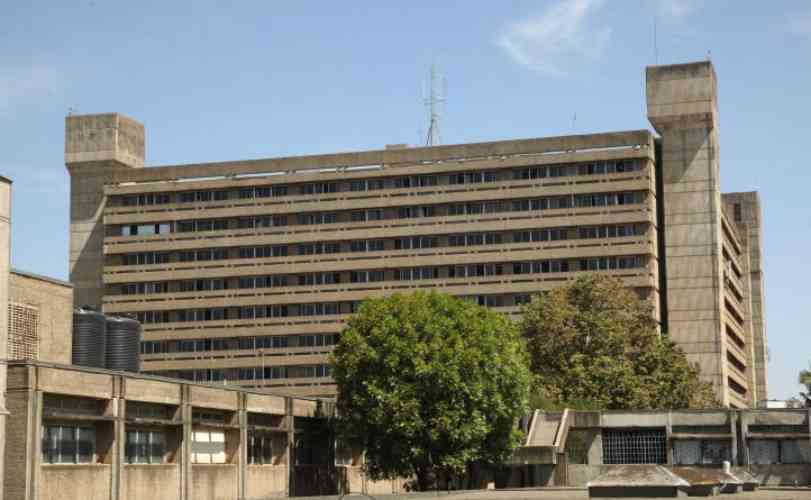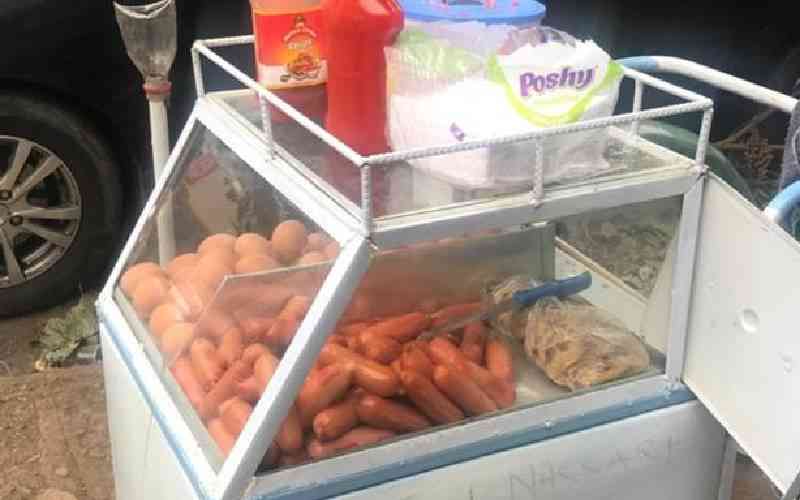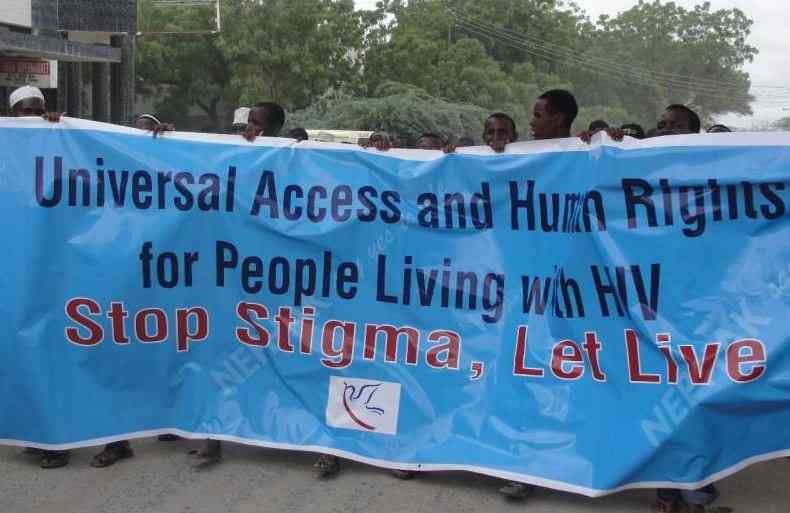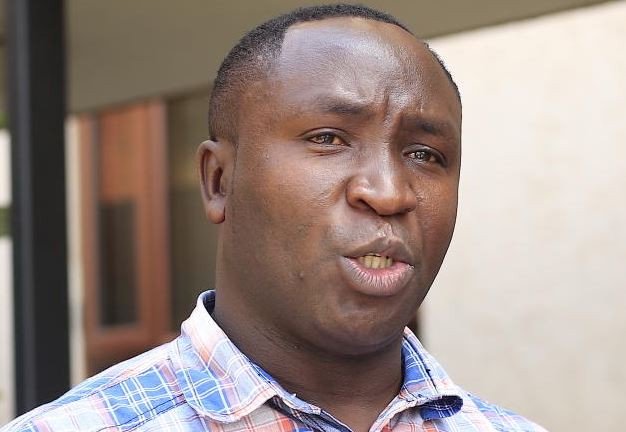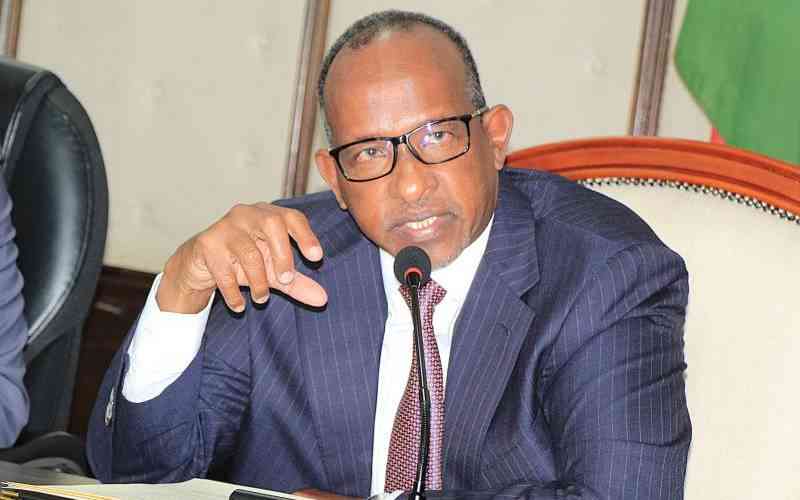
The country is on the brink of a health crisis if private and mission hospitals make good on their threat to suspend services today over Sh30 billion pending bills.
Private and mission hospitals across the country have vowed to deny patients services, except for emergency cases requiring life-saving intervention.
The facilities are demanding payment of National Health Insurance Fund (NHIF) arrears amounting to Sh30 billion. The debt dates back to 2017 and is owed to public, private, mission and faith-based hospitals.
Facts First
This story continues on The Standard INSiDER. Subscribe now for unfiltered journalism that holds power to account.
Already have an account? Login
 The Standard Group Plc is a multi-media organization with investments in media
platforms spanning newspaper print
operations, television, radio broadcasting, digital and online services. The
Standard Group is recognized as a
leading multi-media house in Kenya with a key influence in matters of national
and international interest.
The Standard Group Plc is a multi-media organization with investments in media
platforms spanning newspaper print
operations, television, radio broadcasting, digital and online services. The
Standard Group is recognized as a
leading multi-media house in Kenya with a key influence in matters of national
and international interest.

